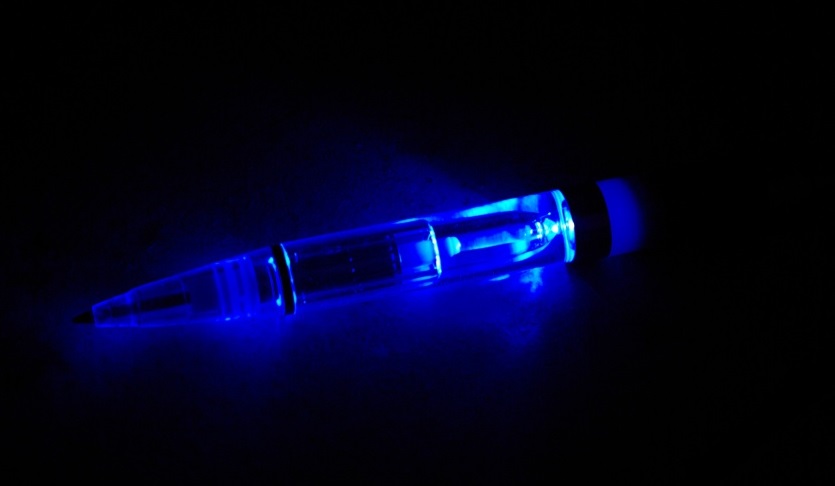Adjectives
In some sentences, a word technically seems to be an adverb, but can not possibly be meant to function as an adverb due to the context.
That is the case e.g. when using sense verbs, but there are other occasions for which this also holds true.
Examples:
- go crazy/ insane (as in "to become crazy/ insane")
- break loose
- break free
- to keep something safe
- to lie there motionless (it is apparently the lack of action that intrinsically keeps "motionless" from functioning as an adverb)
- to look at someone motionless
- to hold true for something
- in a lowly cattle-shed ("lowly" may look like an adverb, but it is not, and it wouldn't make any sense here anyway)
- you make me sick
- crazy in love (debatable - "we are crazily in love" would also be a valid interpretation)
- to fall ill (as in "to become ill")
- to blossom blue (the blossoms are blue, not the "way of flowering")
- your eyes stare blank (Paradise Lost: Paradise Lost) (the eyes are blank, not the staring)
- to come true
- play it cool (The Beatles: Hey Jude) (debatable - is the person being cool while playing their game, or playing coolly?)
- to grow old
- to keep/ stay calm
- I stand corrected
"And the temple grows old and strong
But the wind blows longer, cold and long"
(Sisters of Mercy: Temple of Love)
(the temple grows into an old and strong temple, and the wind is cold and it blows for a long time
- only in case of the "the wind blows longer" we argue that "long" functions indeed as a flat adverb, though "for a longer time" would make just as much sense.)
Colours - can't do things redly or bluely!
A colour will usually refer to what a thing looks like rather than how something is done, so words like blue, green, red, yellow, pink... are not
turned into adverbs. Instead, they have a version with -ish: "A reddish brown".
It is, however, possible to do things colourfully: "to colourfully decorate a room, or to colourfully tell a tale".

The pen glows blue...
